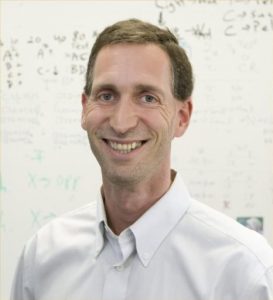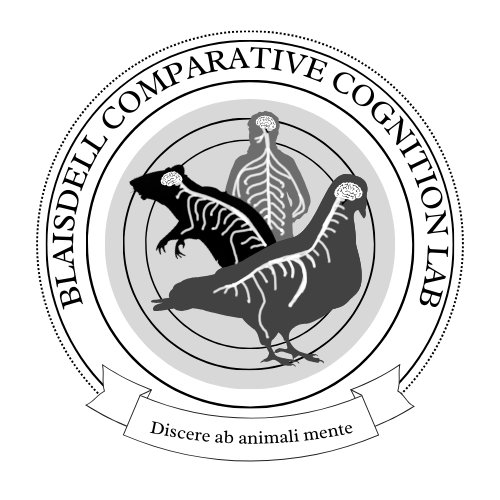
Professor Aaron P. Blaisdell, PhD
I’m Dr. Blaisdell and I’m a UCLA Psychology Professor and Chair of the Behavioral Neuroscience area. I directs the Comparative Cognition Lab and the Pigeon Art Project. I am a member of the UCLA Brain Research Institute, the UCLA Integrative Center for Learning & Memory, and the UCLA Evolutionary Medicine program. I received a BA in Anthropology (SUNY Stony Brook), an MS in Anthropology (Kent State University), a Ph.D. in Behavioral Neuroscience (SUNY Binghamton), and had 2 years of NIH-funded postdoctoral training (Tufts University).
I am interested in animal cognition and behavior. How do animals build and use representations of their world? I use Pavlovian and instrumental conditioning procedures to dissect this question. My work addresses a number of research questions at the interface between associative and cognitive processes. Causal reasoning and other rational processes. Learning and memory processes. The role of information and uncertainty in decision making. Departures from rationality. Spatial cognition. Behavioral variability, creativity, problem solving, and insight. Lately, my lab has been studying why and how pigeons create digital art. My research is comparative with the most common species studied being rats, pigeons, people, and even artificial (synthetic) intelligence.
A second interest of mine is in how human ancestry and evolution can inform us about our health and well being. In particular, our modern world is quite different from that of our ancestors, to the detriment of our health and brain function. I co-founded the Ancestral Health Society https://ancestralhealth.org/ which organizes the annual Ancestral Health Symposium. I also founded and served as Editor-in-Chief of the Journal of Evolution and Health https://jevohealth.com/journal/, a peer-review journal of the Ancestral Health Society.
Contribute to our discoveries!
Heterodoxy
By its very nature, the field of comparative psychology embraces and promotes an understanding of diversity as a fundamental principle of all life on Earth, and provides the tools by which not to rank order entities based on differences, but to understand all individuals human and nonhuman, as a unique endpoint of their shared and unique ancestry and heritage. There is no room in such a philosophical framework for judgements of better or worse based on individual differences. It is this intellectual stance that I am passionate about and weave into every facet of my interaction with the world and its populace. I am a member of the Heterodox Academy, for which there is a chapter at UCLA.
